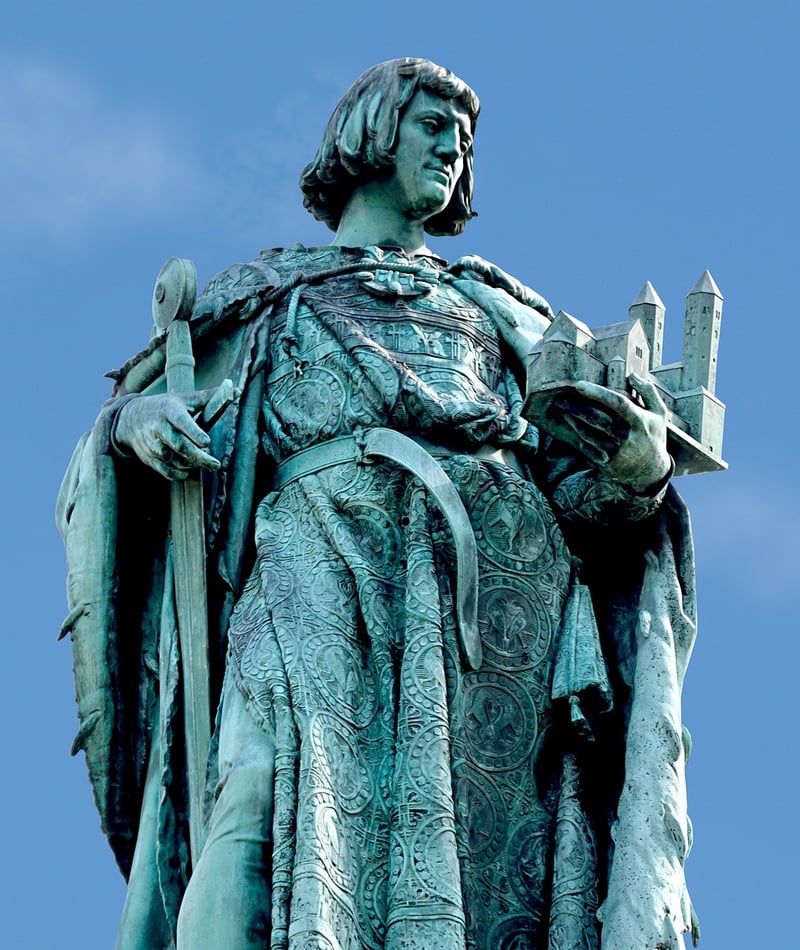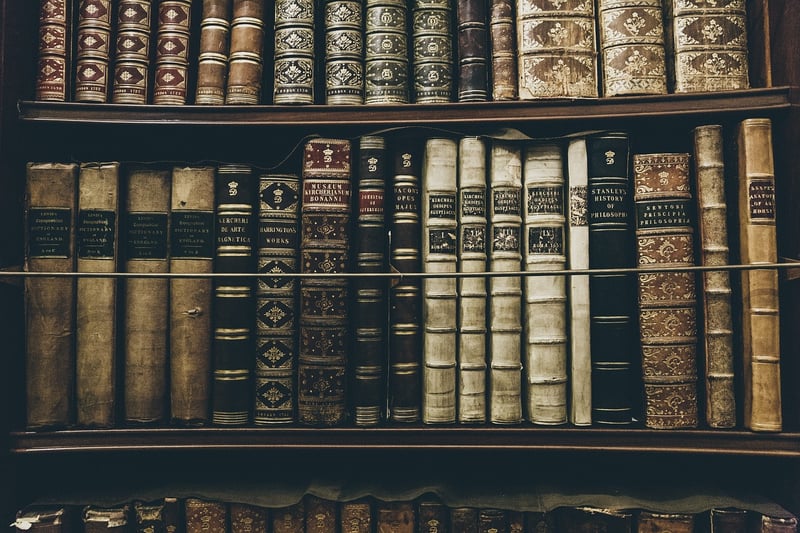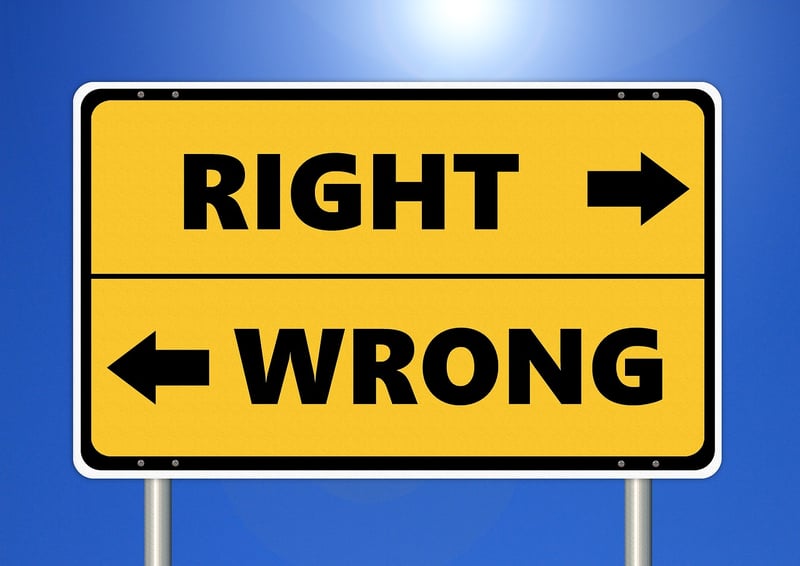Historical Integrity
The Importance of Moral Considerations in Preserving Historical Integrity
Preserving historical integrity is not just about maintaining the physical artifacts of the past but also about upholding the moral values and lessons that history teaches us. When we look back at our history, we can learn from both the triumphs and the mistakes of our ancestors. It is essential to consider the moral implications of how we choose to preserve and present history for future generations.
Why Moral Considerations Matter
History is not just a collection of facts and events; it is a narrative of human experiences, choices, and consequences. By considering the moral dimensions of historical events, we can gain a deeper understanding of the impact of past actions on individuals and societies. This understanding helps us navigate the present and shape a better future.
Preserving Historical Integrity
Preserving historical integrity involves more than just maintaining old buildings or artifacts. It also means presenting history in a way that is truthful, respectful, and inclusive. This includes acknowledging the diverse perspectives and experiences of all people involved in historical events, including those who have been marginalized or oppressed.
Case Study: Museum Curation
When curating museum exhibits, it is crucial to consider the ethical implications of how history is presented. Curators must strive to provide a balanced and accurate representation of the past, taking into account the perspectives of all stakeholders. This may involve revisiting narratives that have been whitewashed or distorted to reflect a more inclusive and truthful account of history.
The Role of Education
Education plays a vital role in shaping how we perceive and understand history. By incorporating moral considerations into history curricula, educators can help students develop a critical and empathetic approach to the past. This, in turn, fosters a sense of responsibility towards preserving historical integrity for future generations.
Conclusion
Preserving historical integrity is not just a duty we owe to the past; it is a moral imperative that guides us in building a more just and compassionate society. By upholding moral considerations in our preservation and presentation of history, we ensure that the lessons of the past continue to resonate and inspire positive change in the present and future.


 Explore more historical images on Pixabay
Explore more historical images on Pixabay
